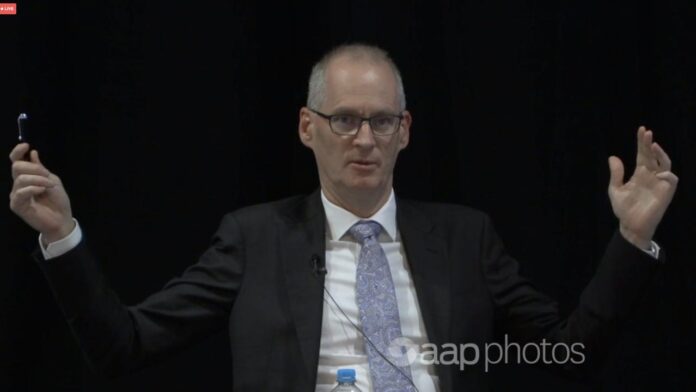CANBERRA (LONDON POST in Collaboration with AAP) Dr. Majid Khan -The senior official claims that it was “not his responsibility” to stop the Robodet program, even though he determined that the Robodet program was illegal.
This illegal scheme he ran from 2015 to 2019 used yearly data from tax offices to calculate social debt.
Former Social Services group his leader Paul McBride first investigated the robodet policy in 2014.
He and other members of management advised HR that they could not proceed with the “average incoming data” plan without changing existing laws.
Nevertheless, Human Services told ministers that no changes were needed. McBride said it was “absolutely surprising” when he became aware of the department’s illegal use of the average law in January 2017.
But McBride has moved to another department, so he’s under no obligation to do anything about it, he said.
“When I found out about this, I had no authority to do anything because it was no longer my job,” he told the Royal Commission on Robo-Debt on Thursday.
Commissioner Catherine Holmes told McBride that Human Resources had “double betrayed” his own department.
McBride agreed that his department had been misunderstood, but said it was not his job to look into it. The commission also heard in 2017 that an independent oversight agency had questions about the system’s legality.
Former ombudsman Richard Glenn conceded that he should have referred human services to the Administrative Appeals Court, which reviews government decisions.
The department misled his office by withholding important documents that showed legal issues with the system.
Ombudsman staff remained skeptical of the agency’s advice.
However, questions about the legality of the system raised in the draft report were resolved in the final version used by the former coalition government to defend the system. Glenn said his team had their doubts, but were unable to form a definitive opinion.
He said he decided to focus on improving the management of the system, but should have made it clear that the report did not answer questions of legality.
“In light of the material in front of him, he was not happy to publish the findings and chose not to comment on legality,” Glenn said.
He “should have said very clearly, ‘I’m not dealing with legality’ to keep people from reading the report.”
He later said he would have made a different decision on the court review.
“My thoughts were influenced by the fact that I couldn’t make a clear judgment on legality,” Glenn said. “The advice I got from the team was that they were concerned, but I couldn’t have a clear objection.”
Federal ombudsman Ian Anderson said he was “extremely disappointed” that the agency had withheld important documents.
He said the evidence he had heard from the commission indicated that the department’s staff had failed to respect the ombudsman’s role as an integrity agency and their own responsibilities as officials.
Anderson said he was keen to improve the ombudsman’s process and provide training on how to deal with corrupt departments.
Sunday, February 22, 2026
More
© London Post, All Rights Reserved by Independent Media Group UK Limited.






